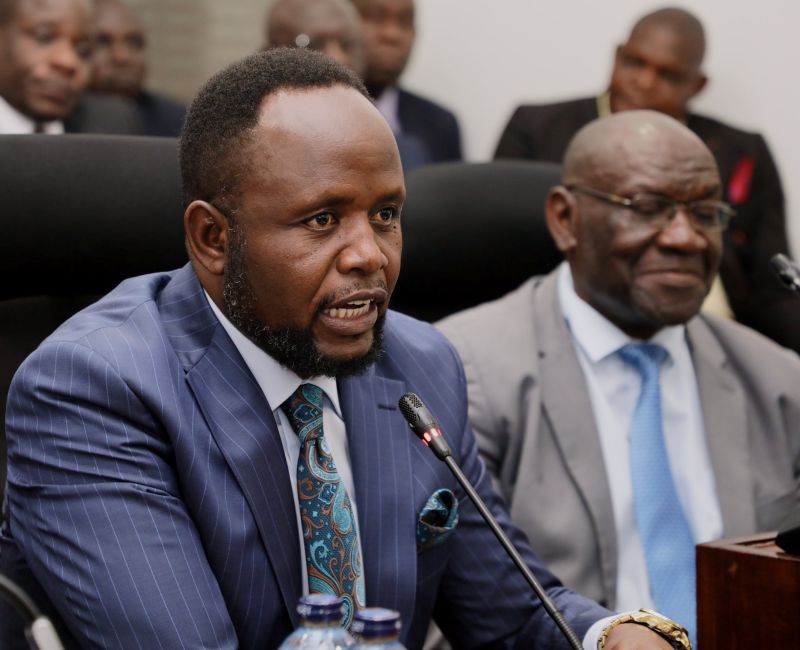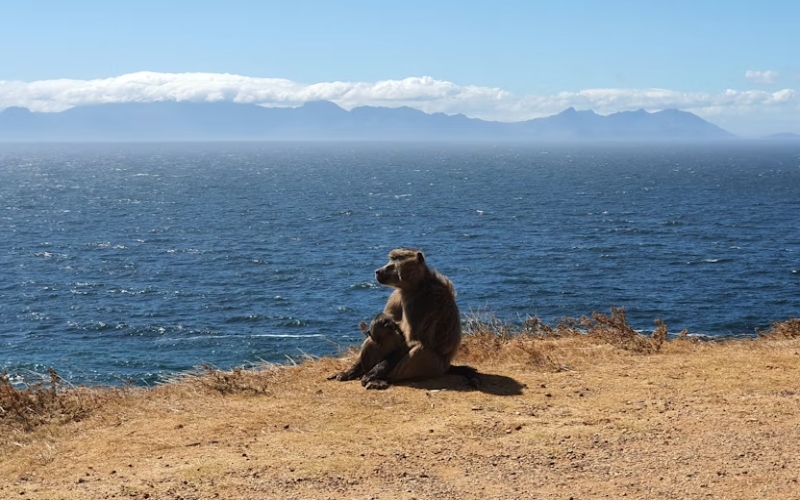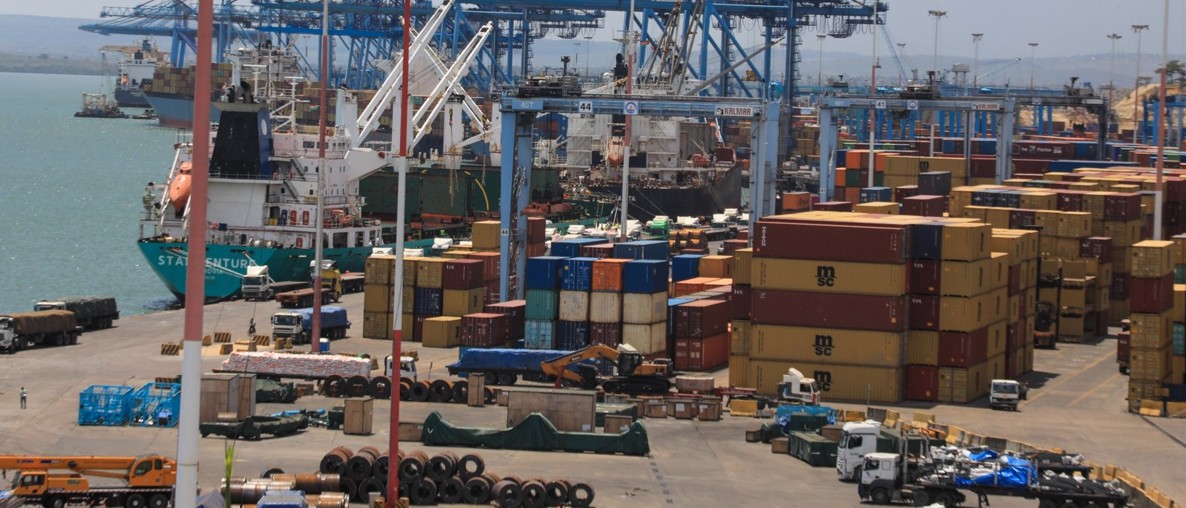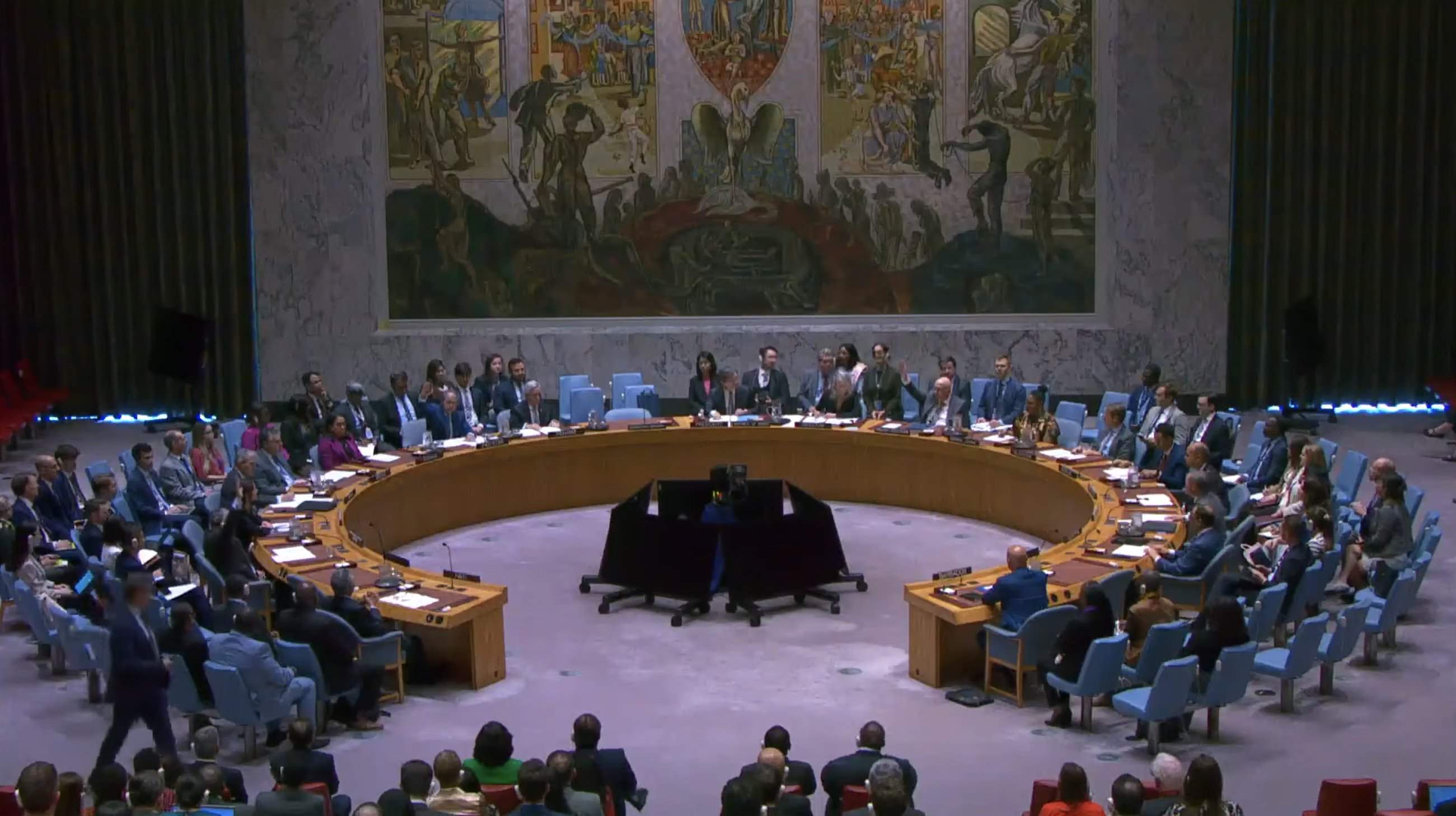Ruto urges Comesa to ratify African payment system to streamline trade
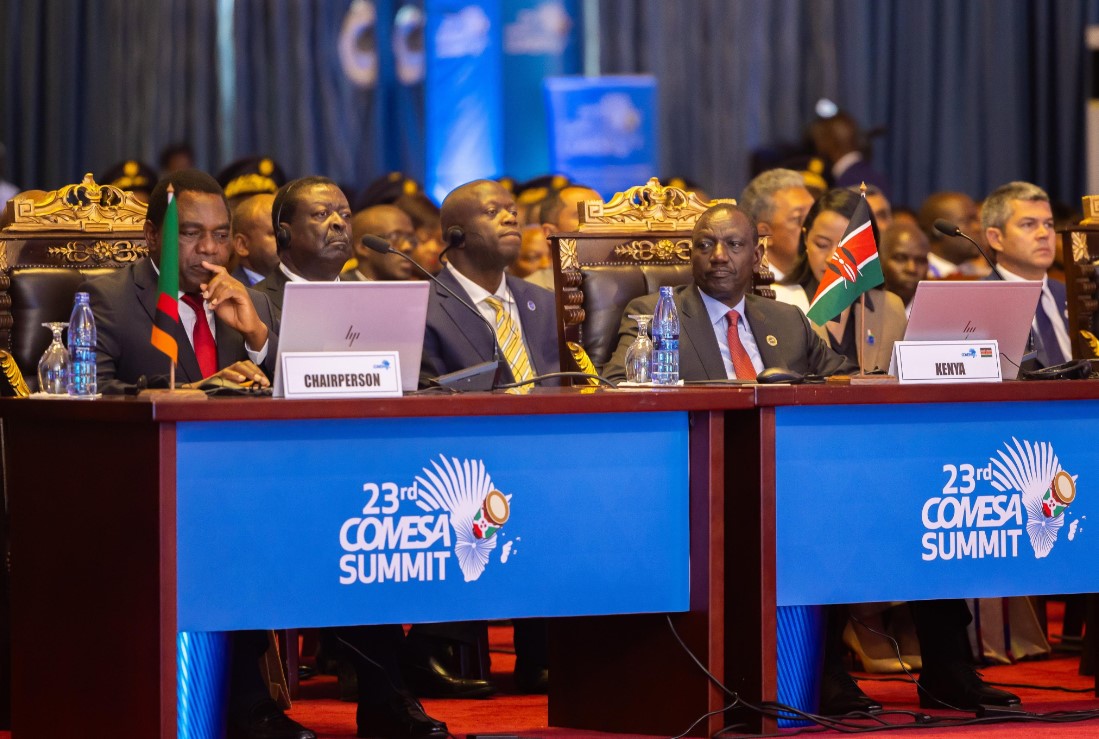
With a population of 640 million and a GDP of $1 trillion, Ruto saidt Comesa is Africa's largest economic group.
President William Ruto on Thursday called on the member states of the Common Market for Eastern and Southern Africa (Comesa) to ratify the Pan-African Payments and Settlement System, a move he believes will significantly streamline trade between countries.
Speaking at the 23rd Comesa Summit in Bujumbura, Burundi, on Thursday, Ruto said adopting the African payment system could save the continent over $5 billion (Sh644.6 billion) annually in payment and foreign exchange transaction costs.
More To Read
- EAC trade revenues hit Sh4.9 trillion as regional commerce accelerates
- Conflicts in DRC and Sudan threaten COMESA integration, warns Secretary-General Chileshe Kapwepwe
- President Ruto takes helm as COMESA chair, urges African-led growth and integration
- President Ruto calls on Africa to embrace digital tools for jobs and growth
- Kenya champions innovation, digital solutions at COMESA summit
- Kenya set to chair COMESA, pledges new era of digital-driven regional integration
"Instead of our traders chasing currency exchanges, they can be comfortably chasing trade initiatives," he said.
He stressed the importance of lowering costs for moving goods and services to improve trade between Comesa countries.
He congratulated Comesa on the recent start of the Tripartite Free Trade Area (TFTA) in July, calling it an important step toward using the full potential of the African Continental Free Trade Area. He also praised Madagascar for being the latest member to join the TFTA.
Additionally, President Ruto urged Comesa countries to support changes in the African Union (AU).
“We must reform the AU to make it fit for purpose to serve the 1.4 billion citizens of the continent,” he said, emphasising the need for the AU to be serious about serving Africa's population.
The head of state also took the chance to support Kenya's candidate for the AU Commission Chairperson position Raila Odinga, calling him the best choice for the job.
“I want to take this opportunity to ask for your support on the position of the AU Commission chairperson. Odinga is the best man for the job,” he said.
The President challenged Comesa member states to work harder for regional unity and to address ongoing issues. He mentioned that over the past 30 years, Comesa has become crucial for regional cooperation and economic growth.
“We have opened up trade, increased exports, and improved trade processes within the group. We have also worked together on important matters of peace, security, and sustainable development,” he said.
Ruto pointed out that projects like the Northern Corridor and Lapsset will improve connectivity and efficiency in various sectors.
“Although we have made progress, we live in a world that is always changing, bringing new opportunities and challenges,” he added.
He mentioned the changes in global supply chains and the impact of climate change, saying the theme of the summit — “Accelerating Regional Integration Through Development of Value Chains in Climate-Resilient Agriculture, Mining, and Tourism” — is essential for growth and development.
With a population of 640 million and a GDP of $1 trillion, Ruto saidt Comesa is Africa's largest economic group, offering significant growth opportunities.
“However, we can increase our trade and create more chances for our farmers, traders, and manufacturers,” he said.
Ruto further highlighted that Kenya is committed to implementing the Climate-Smart Agriculture Strategy 2017–2026 to improve resilience, reduce emissions, and enhance food security. He also noted that creating County Aggregation and Industrial Parks in all 47 counties in Kenya will help reduce waste after harvest and promote agro-processing.
Additionally, Ruto emphasised the importance of tourism, stating that it needs smart strategies to succeed. He said Kenya is focused on attracting local and foreign investments in eco-tourism and infrastructure to improve access and enhance the appeal of its tourism offerings.
“We believe that tourism is a great opportunity for our region to thrive through teamwork and integration. We strongly support a Comesa-wide visa system to boost regional tourism,” he said.
He also pointed out that the region's mineral resources are underused noting that Kenya is promoting responsible mining practices, such as the IMKA Gold Project, which aims to eliminate mercury use in small-scale mining.
“Mining still has great potential to support industrialisation and create jobs in our region,” he said.
Zambia's outgoing Comesachairman, President Hakainde Hichilema, reported that the bloc's exports have increased from $100 billion in 2020 to $219 billion in 2024.
He emphasised that using technology can help farmers increase production.
“It's through technology that our farmers can increase production and make our region food secure,” he said.
Burundi's President Evariste Ndayishimiye, the new Comesa chairman, agreed on the importance of tourism and mining in boosting regional economies.
He stated that opening regional markets would allow goods and services to flow freely.
“Integrating our region is no longer optional; it is essential to empower our people economically,” he said, highlighting the need to address security issues in Eastern DRC, Sudan, and Somalia.
Top Stories Today






